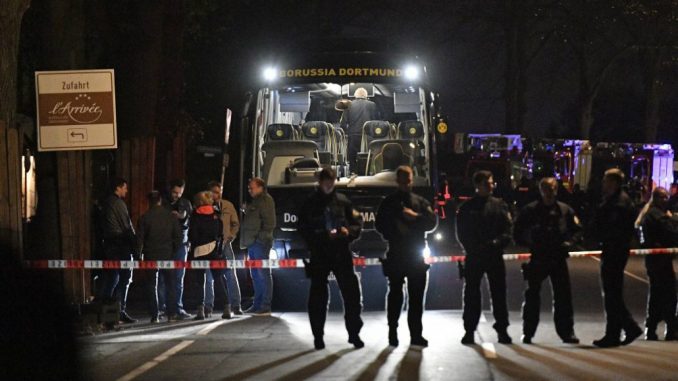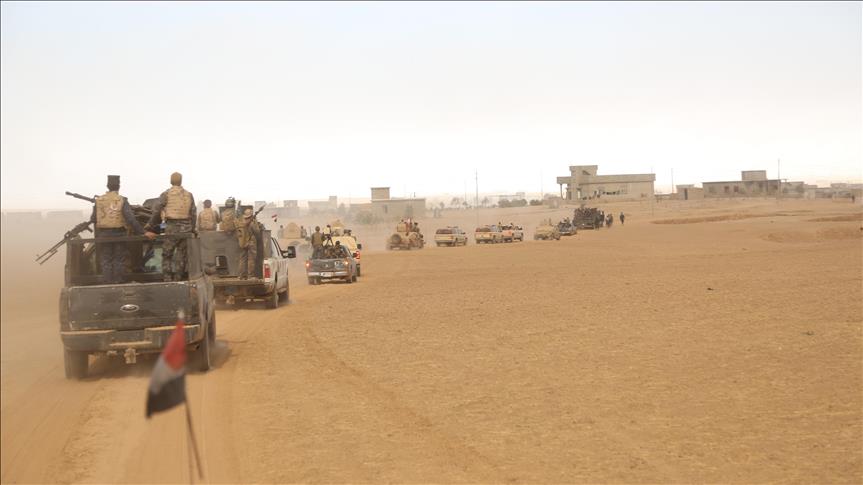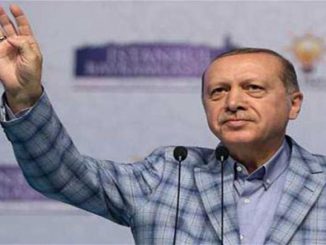
Police arrested a German-Russian citizen on Friday morning on suspicion of carrying out the attack on the Borussia Dortmund team bus last Tuesday after the initial evidence said that Islamists were behind the attack.
Three explosions went off as the Borussia Dortmund bus traveled to the club’s stadium for their Champions League match against AS Monaco on Tuesday, injuring Spanish defender Marc Bartra and delaying the fixture by a day.
Authorities discovered two letters claiming responsibility for the attack. One, which was attributed to the far-left movement Antifa, was likely fake, a spokeswoman for Germany’s federal prosecutor said. The other, which said the attack was carried out “in the name of Allah, the merciful,” and blamed Chancellor Angela Merkel for “murdering Muslims,” in Syria, was being investigated by authorities.
However, German police doubted the authenticity of the note.
“The investigations have so far resulted in no proof that the suspect had taken part in the attack,” the authorities said in a statement, adding that he was a member of a “foreign terrorist organization,” and that an arrest warrant was being sought on that ground. He allegedly led a unit of 10 commandos who carried out kidnappings and executions.
The suspect, identified only as Abdul Beset A. due to German privacy laws, was set to appear in court later on Thursday. The judge must then decide whether or not to issue the warrant. Without it, prosecutors cannot hold him for longer than 24 hours.
Security is an issue in campaigning for Germany’s federal election on Sept. 24, a tight battle in which Chancellor Angela Merkel is seeking a fourth term. In December, a Tunisian man killed 12 people when he drove a truck through a Berlin Christmas market.
Last year, Merkel lost support to the anti-immigration Alternative for Germany (AfD) party after opening the country’s doors to more than a million migrants. The AfD has since seen its ratings fall while the chancellor has regained some poise.
However, the investigations showed in the end that the attack was planned and carried out by a German-Russian citizen and that the Islamic links was made up by him.
Financial greed
Police confirmed on Friday morning that a police tactical response unit had arrested a man named only as ‘Sergej W’ in the Tuebingen area, 30km south of the city of Stuttgart and 450km south of Dortmund.
He has been charged with attempted murder, causing an explosion and serious bodily harm, police said.
After dismissing the Islamist extremist link, prosecutors accused the man of carrying out the attack in order to gain financially.
The suspect took out a loan of “several tens of thousands of euros” days before the attack and bought a large number of so-called put options for shares in Borussia Dortmund.
This would have entitled him to sell the shares at a pre-determined price, even if they fell dramatically in the event of an attack.
“A significant share price drop could have been expected if a player had been seriously injured or even killed as a result of the attack,” prosecutors said.
It was also confirmed that the suspect had booked into the same hotel as the team, and placed three explosives that were packed with shrapnel along the expected route that the bus would take to Dortmund’s home stadium.
“The explosive devices were detonated at the optimum time,” prosecutors added.
It remains unclear how the suspect was able to get hold of the explosives used in the attack. According to news magazine Der Spiegel, Sergej W had carried out his military service in 2008, where he worked as an electrician supporting an army medical unit.
Other reports in the German press pointed out that Sergej W has completed an apprenticeship prize as a electronics technician, winning an educational prize for technical engineering in July 2015.
Newspaper Bild quoted anonymous investigators who said W’s “above-average” knowledge in the field of electronic engineering could have allowed him to install and trigger the explosives remotely on his own. Police are searching four separate apartments in connection with the attack.
In a press statement on Friday, Germany’s criminal prosecutor said the faulty installation of the explosive devices may have saved the players’ lives. While the first and last of the devices had been installed near ground level, the middle one was placed roughly one metre above the ground – too high to cause maximum damage, according to police.
Metal pins fitted to the devices – 70mm wide, 6mm in diameter and weighing 15g each – were found 250 metres from the site of the explosions. One was found lodged in the headrest of a seat in the back row of the bus.
The German interior minister, Thomas de Maizière, on Friday described the attack as “driven by a particularly abominable form of greed”.



